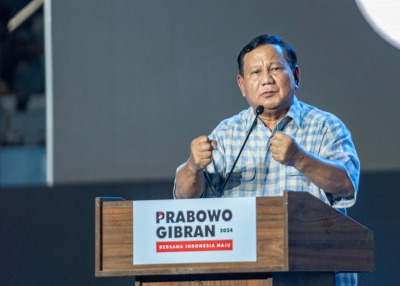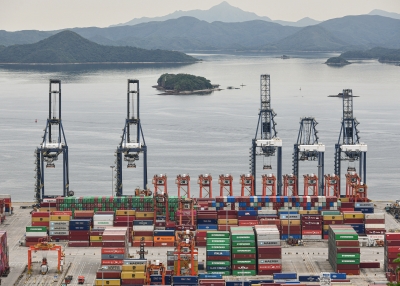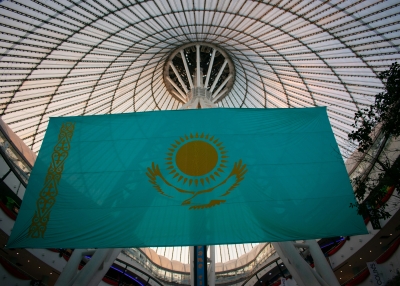Experts
ASPI is a think-and-do tank designed to bring about changes that incorporate the best ideas from top experts in Asia and to work with policy makers to integrate these ideas and put them into practice. The Institute’s Australian presence is working to contribute to an informed public discussion on Australia’s place in Asia and illuminate policy options for decision-makers through policy dialogue, engagement with Australian federal and state governments, published analysis, media, and events.
The Institute’s Australian presence also serves to bring Australian perspectives on Asia to the United States and the wider region, as well as to bring American and Asian policy thinking to Australia.
For ASPI Australia media enquiries, contact Majdina Widodo on [email protected]
Experts

Richard Maude - Executive Director, Policy
Speciality areas: Indo-Pacific strategic affairs, US foreign policy in Asia, China-US relations, Australia-China relations, Southeast Asia and ASEAN, developments in Australian foreign policy.

Natalie Sambhi - Senior Policy Fellow
Specialty area: Indonesian defence and security, Indonesian military, Indonesian foreign policy, Southeast Asia and ASEAN.

Dominique Fraser - Research Associate
Specialty areas: Europe-China relations, EU-ASEAN relations, genocide and atrocity prevention.

Genevieve Donnellon-May - Research Associate
Specialty areas: Asian regional resource governance (water, food, and energy) and production, environmental conflict, climate, ASEAN.
Asia Society acknowledges the Victorian Government as a foundation partner of the Asia Society Policy Institute in Australia








